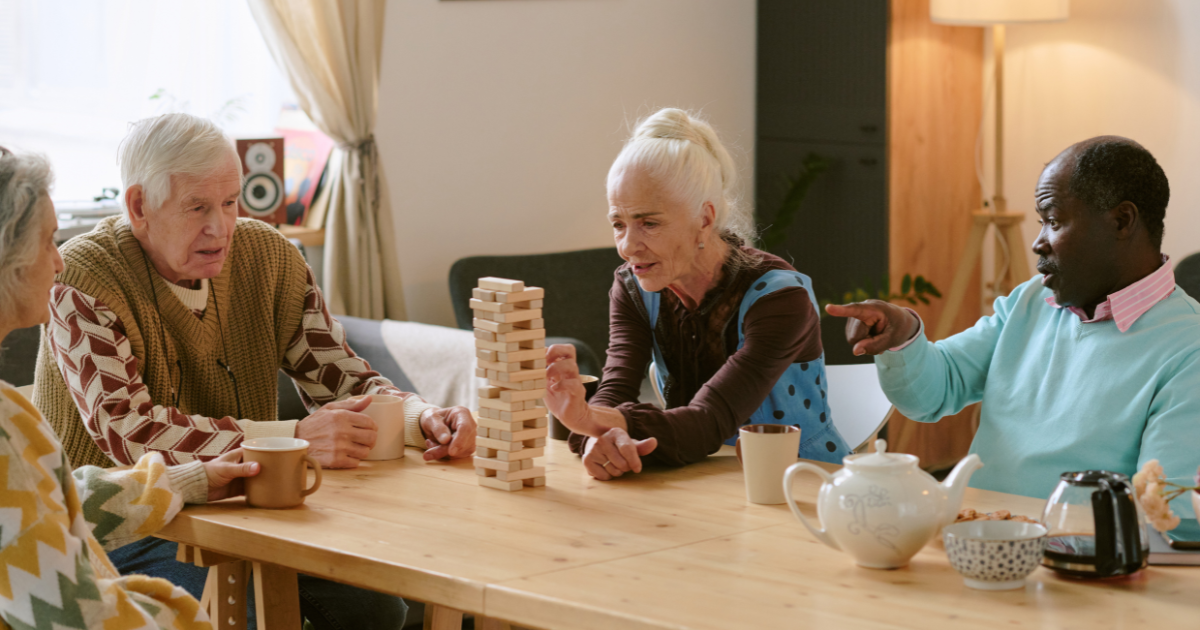CHAPTER 5 - If You are Old and Ill
After much trial and error in the treatment of Rob’s problems from long-ago radiation for prostate cancer, he underwent surgery for a permanent catheter. He handled it well, making the necessary adjustments to his routine. Over the next year, there were a few problems with urinary tract infections – UTIs - which were easily treated with antibiotics and hydration.
Unknown to me (but apparently known by everyone else), was the fact that UTIs are the second most common type of infection in older adults. In younger people, they usually produce painful burning or pressure. In seniors, however, they more typically show up as sudden confusion and disorientation and may resemble serious conditions like dementia. If an older person cannot report their symptoms clearly, or if the symptoms are missed, the infection can spread and cause severe problems. This is what happened to Rob.
RED FLAGS WAVING
His daughter, Dotty, had begun taking care of his health needs and appointments. Things were different. She changed his urologist from the one who had been treating him for several years. She did not give Rob or me a reason, but I suspect that it was because the new doctor’s office was closer to Rob’s neighborhood and a shorter drive for her. I was not aware, then, of her tendencies to always put herself first. Perhaps it was an “only child” symptom?
She had also taken over the ordering of Rob’s medical supplies. She sometimes forgot and sometimes ordered the wrong items and wrong sizes.This caused him discomfort and distress, but he did not complain. I only knew about it when he asked me for the correct ordering information. The improper supplies may also have contributed to his subsequent infections.
STARTING TO WONDER
Rob had episodes of confusion which came with the urinary tract infections. I did not know about the connection between the two conditions. I did see that his cognitive impairment cleared up when the infection did. I felt sure that, since Dotty was in touch with Rob’s doctor, she had to know that his “dementia” was due to and caused by the infections. Why did she insist otherwise?
This is when I began to wonder about Dotty’s motives. She claimed that he had dementia, and had his family doctor administer tests. (I never knew the results, but later found out that his test turned out to be invalid, because his hearing aids weren’t working.) The doctor did prescribe a cognition-enhancing medication.
Was it Dotty’s plan to gain total control of her father and his assets by proving him mentally incompetent? She was his only child and he had made all the provisions for her to be the beneficiary of everything he owned. Did Dotty and her husband find that living on retirement income put too much strain on their active lifestyle and they needed his money sooner rather than later? (Early Inheritance Syndrome is the cause of much abuse by family.)
I was to find out that it was her plan, and it was a part of a greater, deadly plan. Rob did not have a plan that would prevent harm to him. His arrangements, in fact, helped her accomplish her plan – to the bitter end.
ANCHORS AWEIGH
Dotty and her husband left on an extensive cruise. Did she ever think that, with Rob needing her help more often, perhaps she should not be away for a long period of time? Rob was still experiencing the effects of his surgery and recurring urinary tract infections. He still needed help with his health care needs. She was the only family member who could help him. I could help in many ways, but she took him to doctors and controlled his prescriptions.
Shortly before they sailed, they sent me a gift and a card thanking me for all my help with Rob. Was this just a nice gesture? It was the first gift – and thank-you – from them. Or did they just want to be sure I would take responsibility while they vacationed? Of course I would. I was with him every day. But that was not enough to save him.
MAKE A PLAN WHILE YOU CAN
When I talk about planning for dependence, I often see glazed eyes, and I get one of several reactions – disbelief, disinterest or denial. I am not very popular on the speakers’ circuit or at cocktail parties. The reality of life, however, is that for many of us, independence will become impossible at some time – sooner or later, temporary or permanent.
No one likes to think about being incapacitated, or about dying. But deciding how you want to be treated will not only help you, it will help anyone who will be making decisions for you. There are many things to think about. You may feel that you have too many other problems right now, or think it couldn’t happen to you. You may think planning is unnecessary or is tempting fate.
However, I have seen up close that being helpless can bring all kinds of unwanted treatment, even terror, abuse and death. Yes, it is one of those things you might not need. But if you need it and don’t have it, nothing can save you. Kind of like a parachute or a life jacket.
✔The Complete Eldercare Planner, Joy Loverde. Also, some checklists can be downloaded:

















